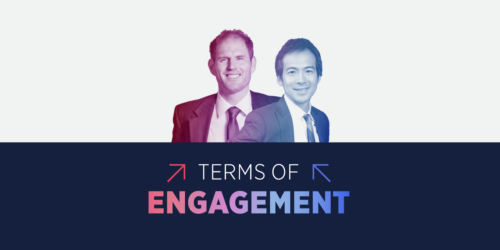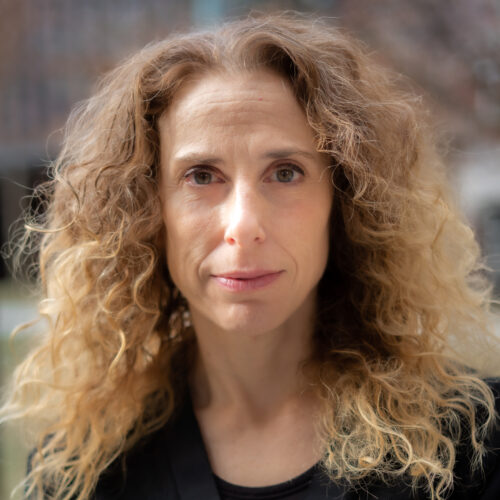Under the U.S. Constitution, all qualified citizens have the “unquestionable” right to vote. However, hundreds of thousands of eligible voters across the United States still face limited access to this fundamental right. On any given day, more than 500,000 Americans are held in jail for pretrial detention or misdemeanor offenses. Unlike Americans in prison, who are generally being held for felony convictions that disqualify them from voting, the bulk of people in American jails have not been convicted of any disqualifying crime. Nevertheless, those who are incarcerated on an election day encounter substantial barriers to voting in almost every state.
Our research aims to highlight the barriers voters in state and local jails face when trying to exer- cise their voting rights as well as opportunities for states to improve access to voting for these citizens. To that end, our team evaluated laws in all 50 states with two focuses: first, assessing states’ adoption of key policies that facilitate voting from jail, and second, identifying the states whose policies fail to meet the fundamental threshold of ensuring incarcerated voters’ rights.
For the purposes of this report, we hold establishing a polling place within the jail and allowing voters to cast their ballots in person as the ideal standard for providing voting rights to the jail population. While we acknowledge the unique challenges posed by in-person voting in jails, multiple cities in the United States have recently demonstrated that it is both possible and deeply meaningful for voters.
The following pages contain the results of our research. We begin with a series of representative state profiles. Each profiled state represents a different set of prevailing legal conditions that influence the possibility of voting from jail. In some, existing law provides a sturdy foothold for efforts to create in-person jail voting. In others, promoting incarcerated voters’ rights will involve changing obstructive laws. Still others leave the choice up to individual jurisdictions, making the fate of jail voters dependent on county or municipal leadership. We hope that these profiles provide insight into the practical implications of the data we have gathered, benefiting both voters and advocates.
The bulk of the report consists of summaries of the relevant features of each state’s legal code. For each state, we provide a summary of the effect of current laws on jailed voters’ access to the franchise. We then provide citations to the sections of the state code that either enable or restrict jailed residents’ ability to vote, whether in person or by mail. We have also attempted to highlight occasions where non-statutory state policies have a significant impact on jail voting. That said, our focus is on the statutory basis for jail voting in each state, and our findings should be read with an awareness that laws on the books do not always reflect the lived experience of incarcerated voters.





